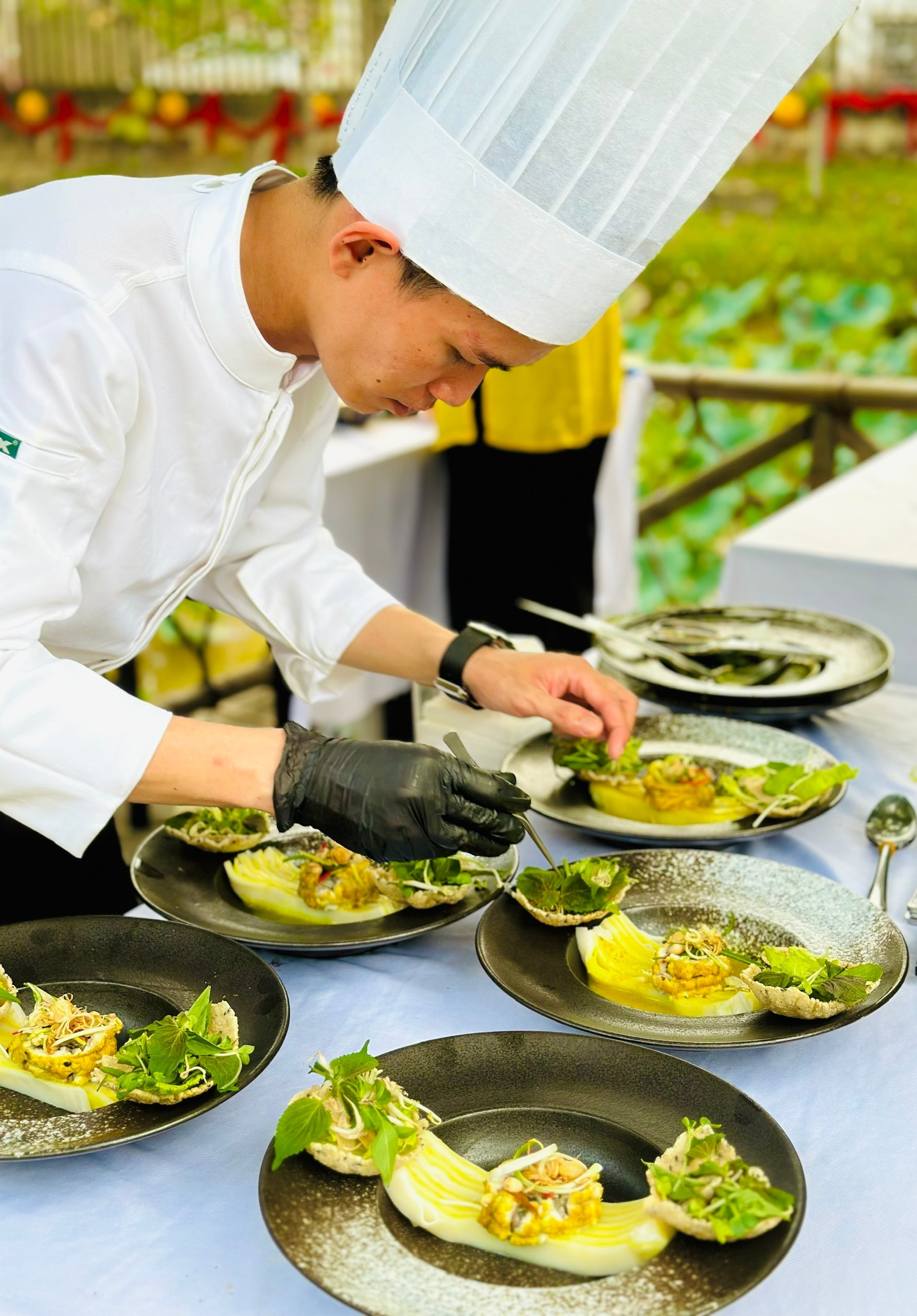
For rapid and sustainable development, the decisive factor is the professional, creative and local identity culinary human resources. Quang Nam Culture acknowledges the opinions of experts in linking, cooperating in training and improving the quality of human resources for the city's culinary industry.

MR. LY DINH QUAN - CHAIRMAN OF DANANG CULINARY CULTURE ASSOCIATION, DIRECTOR OF HAN RIVER NURSERY:
Need to establish culinary ecosystem
In my opinion, establishing a culinary ecosystem to develop high-quality human resources is an urgent task, because it is the foundation for all problems. This ecosystem operates based on close cooperation and coordination between four main components: schools, businesses, professional associations and the government, focusing on each specific role, together aiming at the goal of symbiosis - sharing values.
In particular, schools and training facilities need to design programs that are close to reality and update modern skills such as restaurant management, digital marketing, food safety and foreign languages.
Combining theory with practice at the enterprise helps students to be ready for work immediately after training. Enterprises contribute by building job standards, ordering training, providing internship environments and job opportunities, and investing in upgrading skills for employees.
Associations and professional communities play a bridging role, organizing activities to honor the profession, skills competitions and seminars to spread new knowledge and improve professional standards.
The government supports through policies to encourage investment in human resources, financial support for young chefs, helping them access new technology and trends, and orienting the construction of a human resource data center for the tourism - culinary industry based on links with the city's tourism and cultural strategy.
This ecosystem will operate effectively when based on a culture of innovation. International cooperation should also be prioritized to bring Da Nang’s culinary workforce up to global standards. Short-term training programs and continuous skill upgrading for chefs, entrepreneurs, kitchen assistants and general workers are necessary.
In particular, modern skills such as operations management, digital marketing, customer experience design and supply chain management according to international standards need to be focused on. In the context of new models such as central kitchens, restaurant chains or Cloud Kitchens becoming trends, the need for highly qualified personnel is becoming more urgent.
The Culinary Human Resources Data Center will support businesses in finding suitable personnel, and at the same time provide a basis for analyzing long-term training needs, contributing to building a sustainable and competitive Da Nang culinary industry in the international market.

DR. VO HUU HOA - DEAN OF TOURISM FACULTY, DONG A UNIVERSITY:
Building the main standards for high-quality culinary human resources
Culinary activities will only truly become a competitive advantage for Da Nang when we solve the human resource problem well. Training must measure actual working ability, and the connection must bring specific value to both learners and businesses.
The training of human resources in the culinary industry, including new training and retraining, is now facing many challenges.
International visitors have high demands on food safety and sophisticated experiences; digital transformation in food service makes all processes such as table reservations, payments, and reviews happen quickly; the requirement for “green kitchens” emphasizes waste reduction and traceability; competition for human resources among tourist destinations in the region. Therefore, output standards need to focus on actual capacity, not just on subjects or credits.
I propose to develop 5 main standards for high-quality culinary human resources, including: (1) vocational standards, such as hot/cold kitchen/bakery techniques, mastering ingredients; (2) management standards, including menu design analysis, cost control, goods; (3) digitalization standards, using sales systems, comprehensive management software, online table reservations and customer data analysis; (4) sustainability standards, reducing food waste, prioritizing local and seasonal ingredients; (5) communication standards, multicultural behavior skills, storytelling about local dishes and proficiency in specialized foreign languages.
Training institutions need to innovate strongly, provide education based on output standards with flexible programs, apply recognition of existing experience to shorten the time, suitable for retraining. Increase the practice time to 60-70%, through experimental activities at restaurants, serving real customers and business-integrated learning programs, invite chefs to co-teach, equip industrial standard practice rooms. At the same time, periodically measure indicators on the rate of employment in the right industry, adaptation time and employer satisfaction to have directions to adjust the training program accordingly.
The cooperation and linkage structure between training institutions, enterprises and associations needs to be implemented in the direction of co-design, co-operation and co-accreditation to ensure long-term effectiveness. Establish a joint advisory board to update output standards annually based on actual data. Measure through the rate of internship transfer to employment, time to achieve productivity and number of applied initiatives.
The city government needs to study the establishment of internship support funds and have policies to encourage businesses to accompany the human resource training process. This support will be a lever to promote cooperation, help businesses boldly invest in people, and create a generation of culinary human resources who are not only good at their jobs but also knowledgeable about local culture.
.jpg)
ARTIST NGUYEN QUOC NGHI - DIRECTOR OF NGHI ACADEMY, PRESIDENT OF DANANG CHEFS ASSOCIATION:
Standardize and train a team of quality chefs
To make Da Nang cuisine a highlight to attract tourists, standardizing and training a team of high-quality chefs is an urgent task. The combination of social organizations, training facilities and culinary businesses will help create a strong development alliance, promoting the development of kitchen human resources. From the practical issues currently arising in the activities of the culinary industry, I propose some specific coordination contents between the parties in the alliance as follows:
Coordinate the development of high-quality culinary training programs, focusing on professional knowledge and practical skills, which need to be rooted in traditional culinary technical standards to create a solid foundation, thereby encouraging creativity and embracing modern trends. Join hands to build a set of professional standards for Vietnamese chefs, including specific assessment criteria based on extensive professional knowledge, sophisticated processing skills (dexterity, speed, ability to perceive flavors), working effectively under pressure, creativity in transforming dishes, while grasping trends and managing work well, along with personal qualities such as health, patience, learning spirit and professional ethics.
This set of standards not only helps shape the profession, create a system of certification of chef skills but also serves as a basis to honor artisans, promote a healthy and professional working environment. In particular, it encourages international certification for Da Nang chefs to compete in the global market, while developing sustainable cuisine by combining local culture to attract tourists.
The effectiveness of cooperation is measured through the development of a set of synchronous professional standards, the rate of chefs achieving international certification, and the number of culinary innovations commercialized. The cooperation program also needs to open up career development opportunities, creating conditions for chefs to work in a quality, professional environment, increase income and bring values to the community. With a tight implementation roadmap between stakeholders, from program design to quality control, the team of chefs in Da Nang will not only meet domestic needs but also reach international standards, contributing to making Da Nang cuisine a global brand.

MR. CHU HONG MINH - CHAIRMAN OF VIETNAM RESTAURANT ASSOCIATION, AMBASSADOR OF WORLD FOOD TOURISM ASSOCIATION:
Promoting Da Nang to become the culinary capital of the world
The RESTAURANT Leadership, part of the initiative “Vietnam, the journey to become the new Culinary Capital of the world by 2030” was officially launched at HORECFEX 2025 - the largest annual event on technology and innovation in the tourism, hotel and culinary industry in Vietnam. This is a program that brings together leading organizations to activate and promote the development of the restaurant and culinary business ecosystem in localities in a sustainable and integrated manner.
The core of the journey to become the "Culinary Capital" of the world lies in the convergence and development of human resources, especially high-quality human resources.
In Da Nang, the program aims to develop a sustainable ecosystem of restaurants, cuisine and culinary tourism, promoting Da Nang to become a culinary capital of the world. In the near future, we will implement many activities and projects to support businesses and restaurants here to develop capacity in three pillars: high-quality human resources, communication and culinary economy.
First, deploy specialized training programs, focusing on developing a team of investors and senior managers in management, leadership and innovation capacity.
Specifically, the “MasterClass” training program; the business productivity development program in cooperation with the Singapore Restaurant Association; the “Global Classroom” initiative in cooperation with the World Masterchef Association; the training program in cooperation with the American Restaurant Association including the “Servsafe” and “Servsuccess” programs with professional certificates, for middle and senior managers in the restaurant and culinary industry.
At the same time, cooperate with schools and training centers in Da Nang to promote an ecosystem that directly and online connects domestic and international resources, including chefs, managers, experts, researchers, business owners, investors, etc. Thereby creating conditions for the city's culinary human resources to meet, share, learn and be inspired by talented and dedicated people, increasing opportunities for integration and international competition. We expect that these programs will help develop a professional culinary management team according to international standards for the city.
We also focus on developing the next generation of young human resources, through cooperation with training programs such as "Young Talent Mentoring" to train and improve skills and expertise for talented young people, helping them develop themselves, expand their network of relationships and access knowledge and experience from industry experts to achieve their career goals, while contributing to the long-term and sustainable goals of the culinary industry in Da Nang city.
Source: https://baodanang.vn/hop-tac-phat-trien-nhan-luc-nganh-am-thuc-3305784.html


![[Photo] President Luong Cuong attends the 80th Anniversary of the Traditional Day of Vietnamese Lawyers](https://vphoto.vietnam.vn/thumb/1200x675/vietnam/resource/IMAGE/2025/10/09/1760026998213_ndo_br_1-jpg.webp)
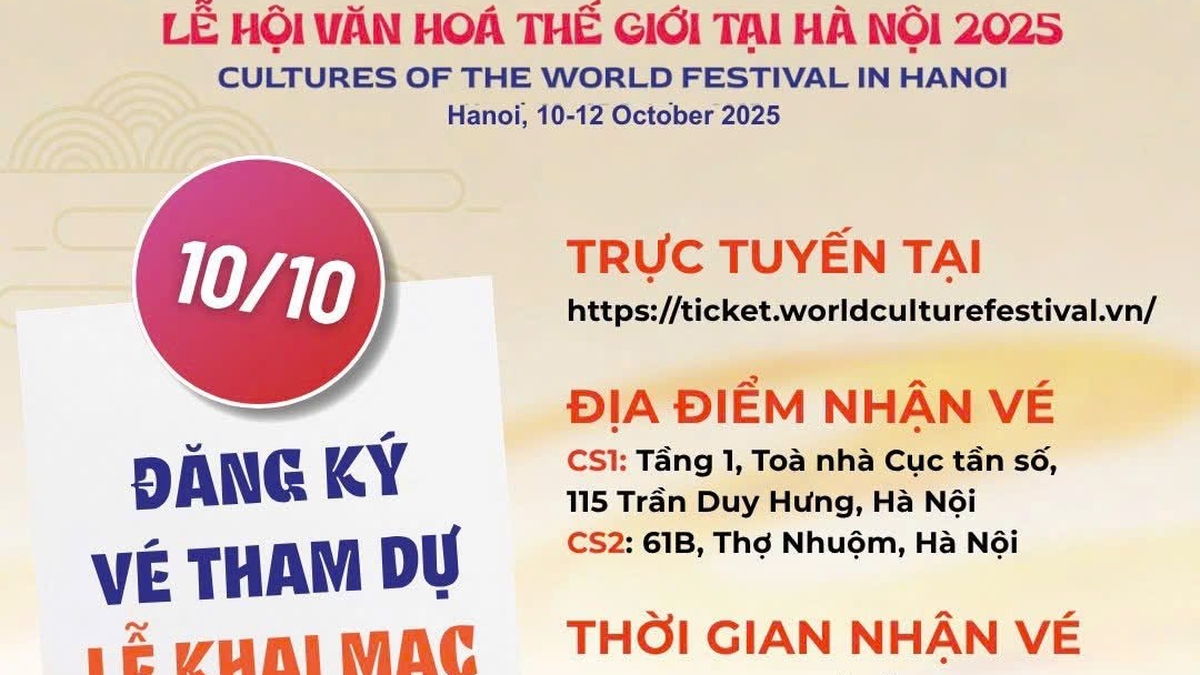

![[Photo] Prime Minister Pham Minh Chinh chairs a meeting of the Government Standing Committee on overcoming the consequences of natural disasters after storm No. 11](https://vphoto.vietnam.vn/thumb/1200x675/vietnam/resource/IMAGE/2025/10/09/1759997894015_dsc-0591-jpg.webp)

![[Photo] General Secretary To Lam visits Kieng Sang Kindergarten and the classroom named after Uncle Ho](https://vphoto.vietnam.vn/thumb/1200x675/vietnam/resource/IMAGE/2025/10/09/1760023999336_vna-potal-tong-bi-thu-to-lam-tham-truong-mau-giao-kieng-sang-va-lop-hoc-mang-ten-bac-ho-8328675-277-jpg.webp)
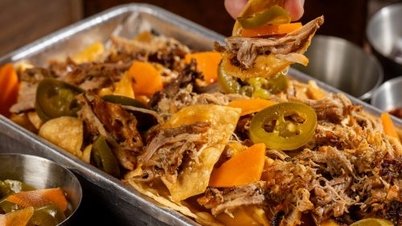

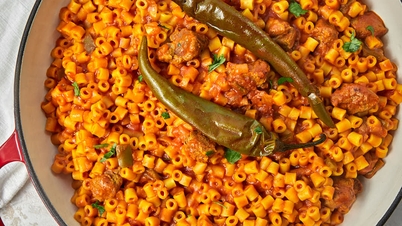



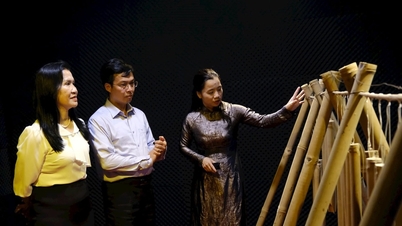

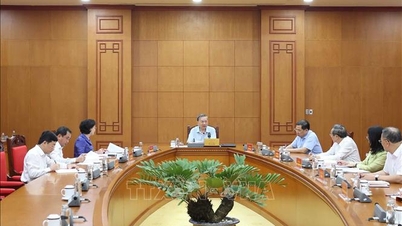



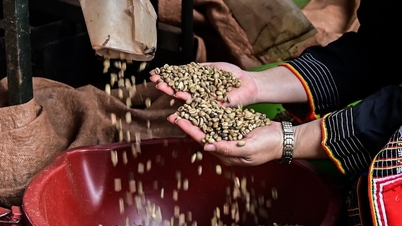

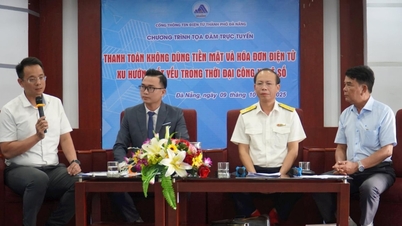
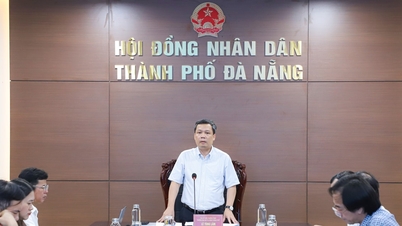
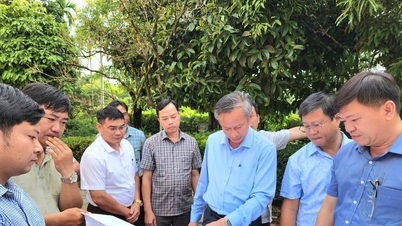




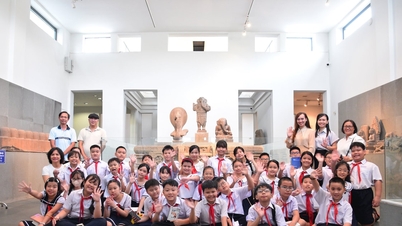
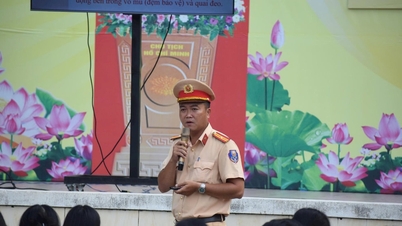
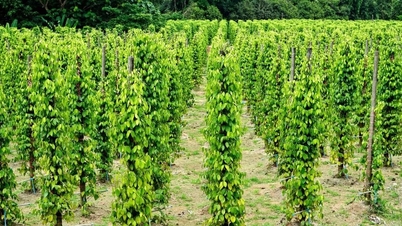












































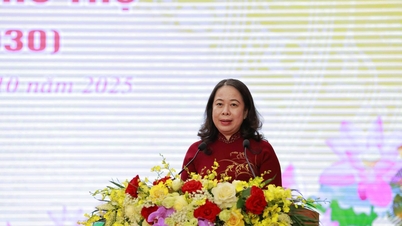
























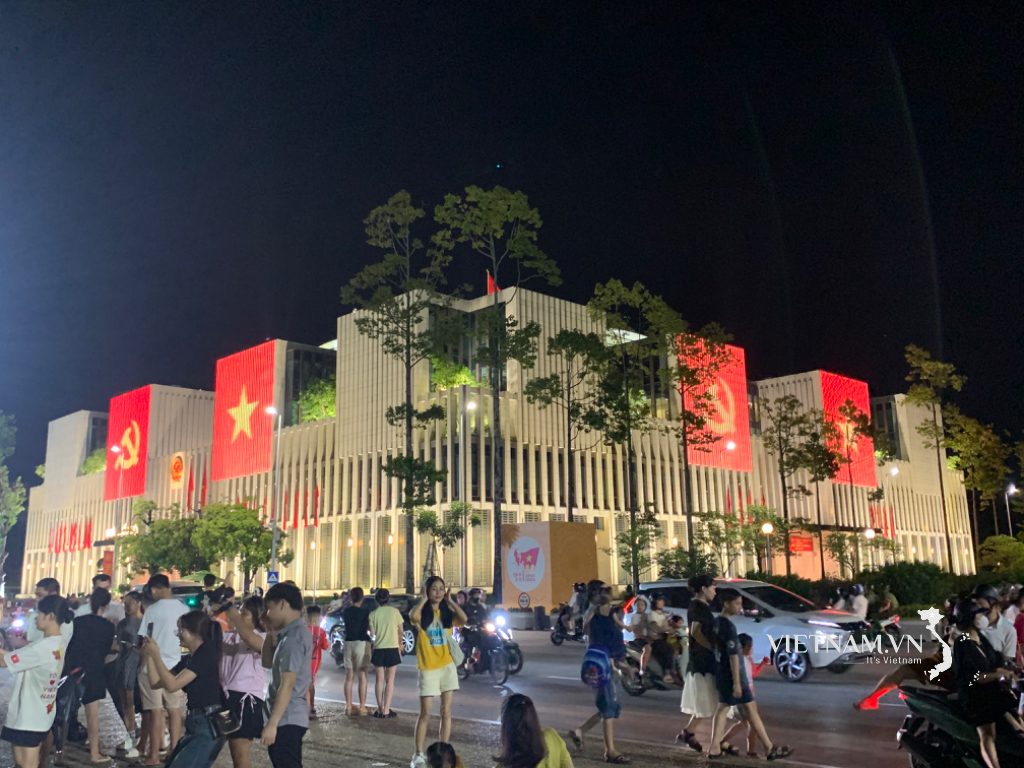

Comment (0)